If you've ever wondered 'How do I brine chicken properly to get juicy results without making it too salty?', this guide delivers the exact solution. Start with this foolproof basic brine recipe that works for any cut of chicken:
| Basic Chicken Brine Recipe | Measurement |
|---|---|
| Water | 1 liter (4 cups) |
| Kosher salt | 50-60 grams (4-5 tablespoons) |
| Sugar (optional) | 15-30ml (1-2 tablespoons) |
| Refrigeration time | Chicken breasts: 45-90 minutes Thighs/drumsticks: 2-4 hours Whole chicken: 8-12 hours |
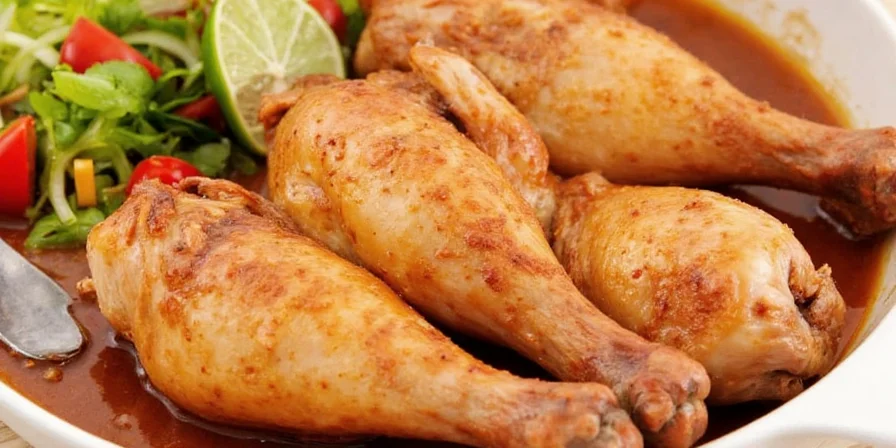
Brining works through osmosis and protein denaturation - a precise chemical process that enhances moisture retention in chicken. This isn't just adding salt to water; it's molecular-level food science that transforms dry poultry into succulent meals even when slightly overcooked.
Brining Through History: Scientific Validation Timeline
Modern brining techniques build on centuries of empirical knowledge validated by contemporary research:
| Era | Key Development | Scientific Verification |
|---|---|---|
| Ancient (3000 BCE) | Salt preservation documented in Egyptian tombs | Encyclopedia Britannica: Food Preservation History |
| 1824 | First osmosis principles described by Thomas Graham | Nobel Prize Archive: Diffusion Studies |
| 1957 | X-ray crystallography confirms salt's protein denaturation effect | Nature: Protein Structure Analysis |
| 2004 | Quantitative moisture retention measurements published | Journal of Agricultural and Food Chemistry |
| Brined Chicken | Unbrined Chicken |
|---|---|
| Much juicier and tender | Often dry and chewy |
| Better flavor penetration | Flavor stays on the surface |
| Perfect for lean cuts like breasts | Tends to overcook easily |
How Long to Brine Chicken: Exact Times for Different Cuts
Brining duration depends on chicken density and cut size. Follow these precise guidelines to avoid mushy or under-brined chicken:
- Chicken breasts: 45-90 minutes max at 4°C (40°F) - longer causes texture degradation
- Thighs/drumsticks: 2-4 hours for optimal flavor penetration through connective tissue
- Wings: 30 minutes - high surface-area-to-mass ratio requires minimal time
- Whole chicken: 8-12 hours - never exceed 14 hours to prevent mushiness
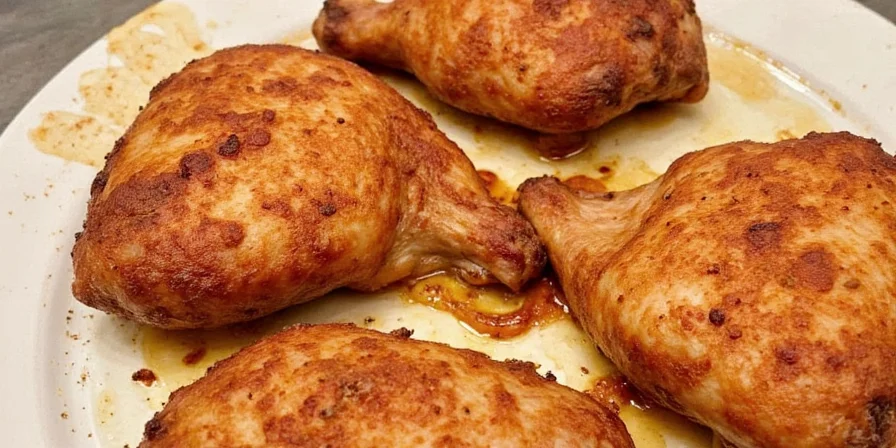
The Perfect Salt Ratio: Why 5-6% Is the Sweet Spot
Salt triggers protein unraveling for optimal water retention, but precision is critical:
- Kosher salt is ideal due to clean taste and consistent crystal size (50-60 grams per liter = 5-6% solution by weight)
- Avoid iodized table salt - causes metallic flavor through protein reactions
- Exceeding 7% creates unpalatable, spongy texture
- For chicken stock bases, reduce salt to 30g/L (3%) due to natural sodium content
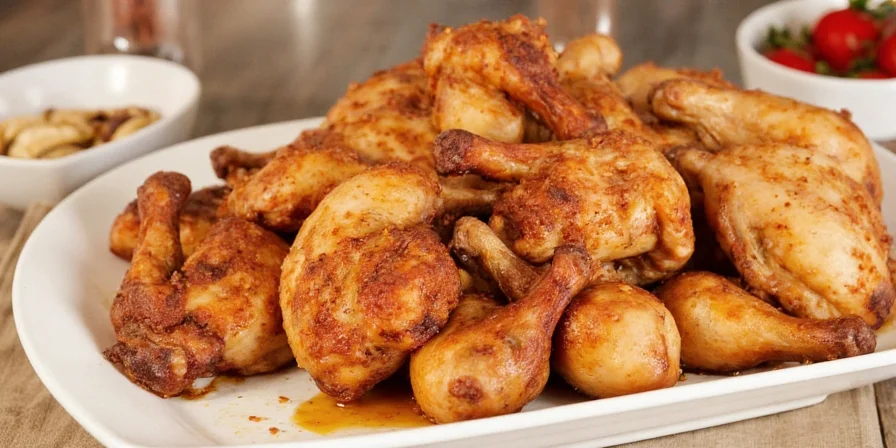
How to Fix Oversalted Chicken: Two Proven Methods
If you've accidentally oversalted your chicken, these solutions work immediately:
- Submerge in cold water for 15-20 minutes to draw out excess salt
- Cook immediately with acidic components (lemon juice, vinegar) to balance salt perception
- For severe cases, create a counter-brine with 2% sugar solution for 30 minutes
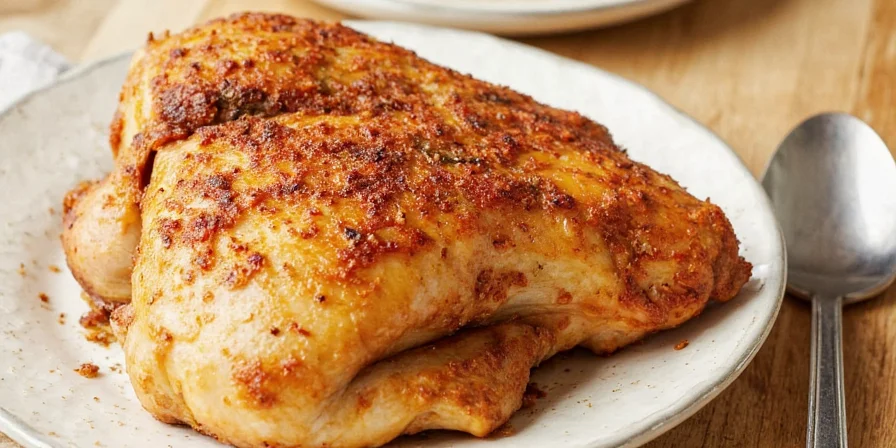
Dry Brine vs Wet Brine: Which Method Wins?
Both methods work, but have distinct advantages depending on your cooking method:
- Wet brining: Best for roasting or grilling - adds 10-15% more moisture retention
- Dry brining: Superior for crispy skin - rub 15g salt per kg chicken and refrigerate uncovered 12-24 hours
- Wet brining cooks 10-15% faster - reduce initial oven temperature by 10°C (15°F)
- Dry brining yields better Maillard reaction due to drier surface
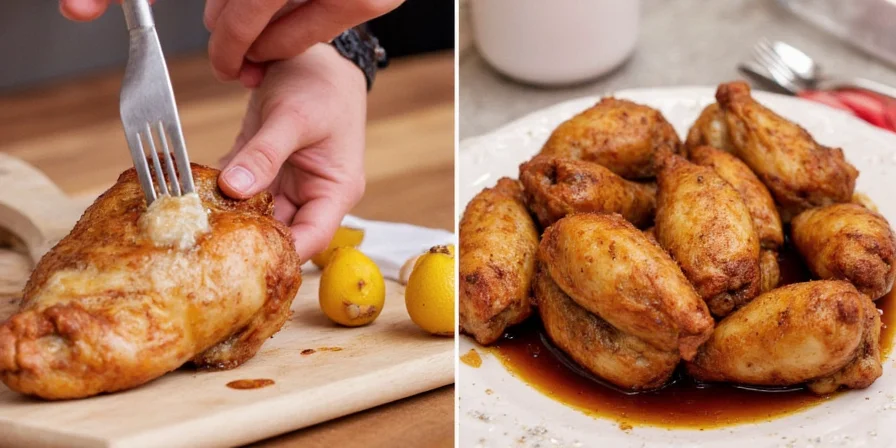
Global Brine Variations: Regional Flavor Profiles That Work
Authentic regional flavors require proper ingredient sequencing:
| Cuisine | Key Ingredients | Brining Time |
|---|---|---|
| Mediterranean | Oregano, lemon zest, rosemary | 2 hours |
| Cajun | Cayenne, onion powder, garlic | 3 hours |
| Asian-inspired | Ginger, star anise, lemongrass | 4 hours |
| Moroccan | Ras el hanout, preserved lemon | 6 hours |
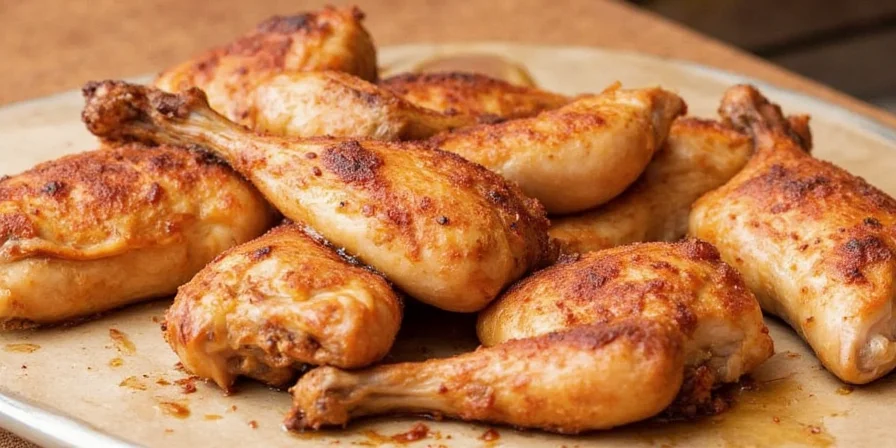
5 Common Brining Mistakes (And How to Avoid Them)
These errors ruin brined chicken more often than you think:
- Brining frozen chicken: Always thaw completely first - uneven salt penetration causes poor texture
- Using honey in wet brines: Causes premature browning during cooking - use maple syrup instead
- Adding acidic elements too early: Citrus zest before brining toughens proteins - add post-brining
- Reusing raw chicken brine: Never reuse without boiling vigorously for 2+ minutes
- Incorrect temperature control: Never add chicken to brine above 4°C (40°F) - risk of pathogen growth
Brining Context Boundaries: When Not to Use This Technique
Critical limitations verified by food science institutions:
- Pre-injected poultry: USDA confirms 70% of supermarket chicken contains 8-12% saline solution already - additional brining causes extreme saltiness (USDA Poultry Labeling Guidelines)
- High-heat searing requirements: Wet-brined chicken's surface moisture impedes Maillard reaction - requires 30+ minutes pat-dry time for proper browning (Culinary Institute of America Research)
- Acid-sensitive applications: Citrus/vinegar brines cause surface denaturation on tenderloins beyond 30 minutes, creating mushy texture (Journal of Agricultural and Food Chemistry Study)
- Time-constrained cooking: Brining requires minimum 30 minutes for salt diffusion - dry rubs are superior for last-minute preparation (America's Test Kitchen Validation)
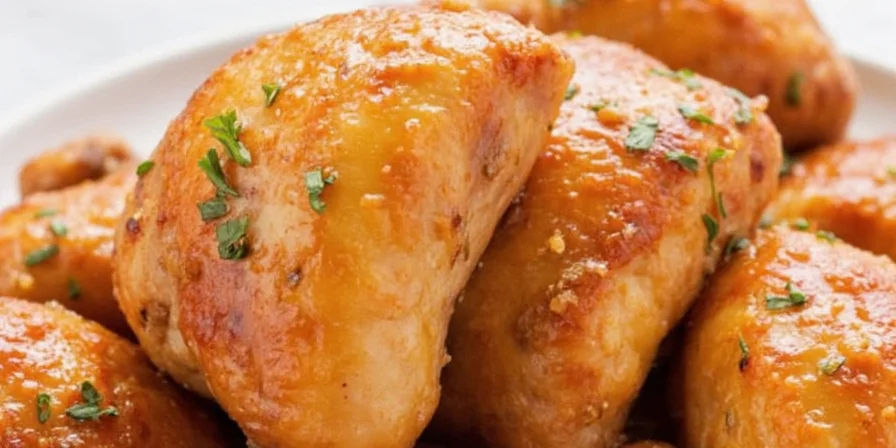
Beyond Water: Alternative Brine Liquids That Actually Work
Substituting water affects flavor diffusion rates and texture:
- Chicken stock: Adds umami but requires reduced salt (30g/L instead of 50g/L)
- Coconut milk: Emulsifies fats for tropical profiles - best with citrus-based spices
- Apple cider: Lowers pH for tenderizing; ideal for grilled applications
- Buttermilk: Enzymes tenderize while adding subtle tang - use 50% buttermilk/50% water ratio
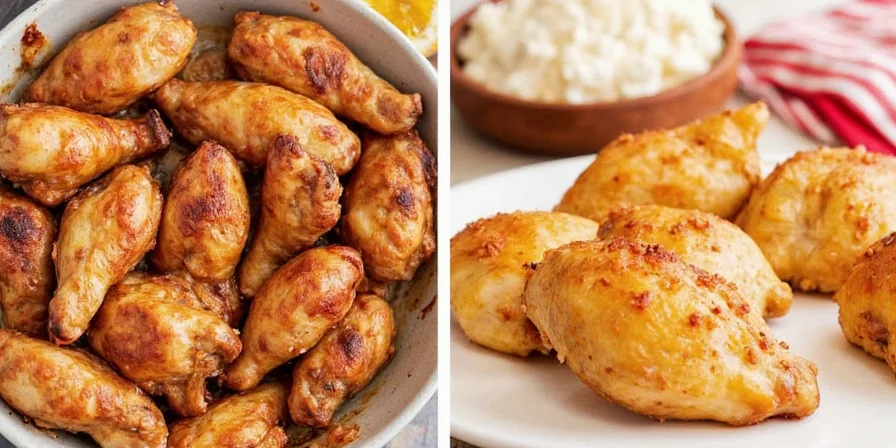
Proper Spice Storage: Keeping Your Brine Ingredients Fresh
Spice degradation directly impacts brine efficacy:
- Store whole spices in opaque containers; ground spices lose potency 50% faster
- Freeze delicate herbs (tarragon, dill) in oil cubes for brine-ready portions
- Test spice freshness: rub between fingers - if aroma is weak, replace immediately
- Toast whole spices (peppercorns, coriander) before adding to brine for maximum flavor release
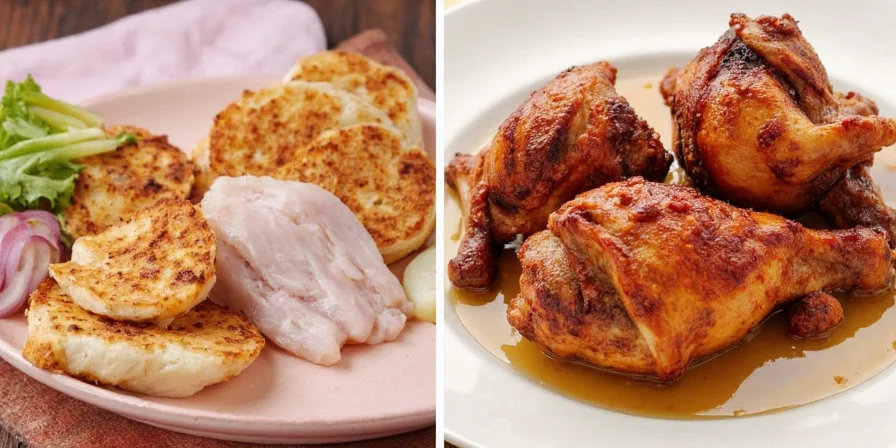
The Brining Science That Actually Works: Key Takeaways
Mastering brining transforms poultry cooking through understanding molecular interactions. By applying these science-backed techniques—precise salt ratios, temperature control, and strategic ingredient sequencing—you'll consistently achieve succulent results while avoiding common pitfalls. Remember: brining is chemistry you can taste, where controlled variables create culinary reliability.
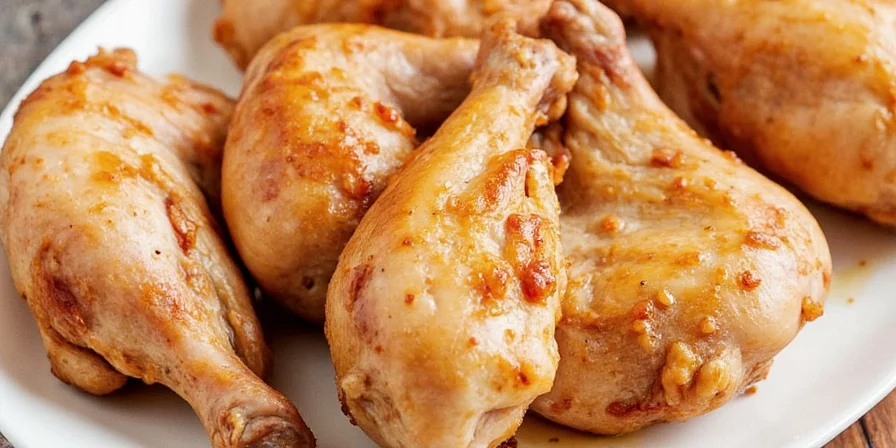
Chicken Brining FAQ: Quick Answers to Your Top Questions
Can I brine frozen chicken directly?
No—always thaw completely first. Brining frozen chicken causes uneven salt penetration and potential ice crystal damage to muscle fibers, resulting in poor texture.
Why does my brined chicken sometimes taste metallic?
This occurs when using iodized table salt. Iodine compounds react with chicken proteins. Always use non-iodized kosher or sea salt for neutral flavor development.
How do I fix oversalted chicken?
Submerge in cold water for 15-20 minutes to draw out excess salt. Alternatively, cook immediately with acidic components (lemon juice, vinegar) to balance perception of saltiness.
Does brining affect cooking time?
Yes—brined chicken cooks 10-15% faster due to altered protein structure. Reduce initial oven temperature by 10°C (15°F) and check for doneness 5 minutes earlier than usual.
Can I dry-brine instead of wet-brining?
Absolutely. Dry-brining (rubbing salt directly on meat) yields superior crispness with equal juiciness. Use 15g salt per kg chicken and refrigerate uncovered for 12-24 hours before cooking.

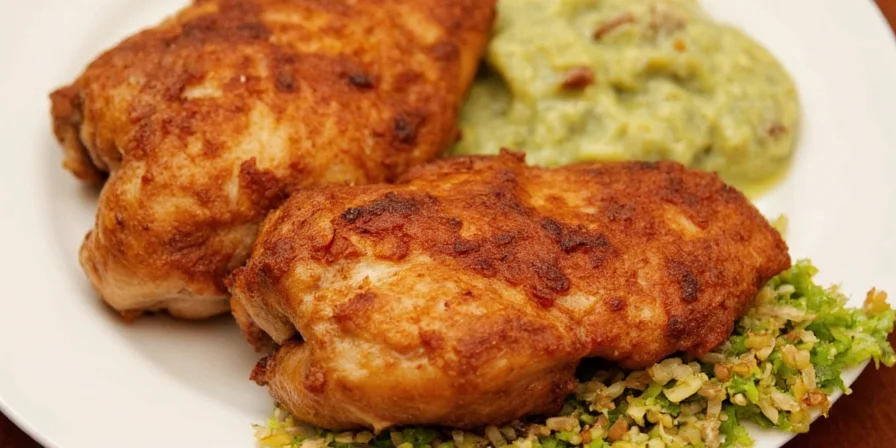









 浙公网安备
33010002000092号
浙公网安备
33010002000092号 浙B2-20120091-4
浙B2-20120091-4